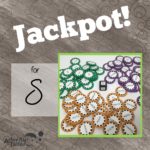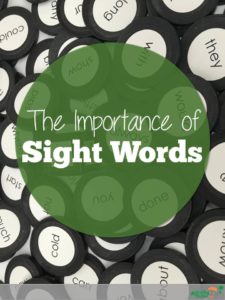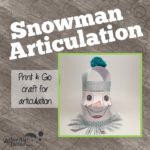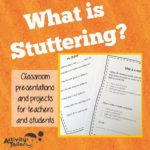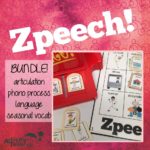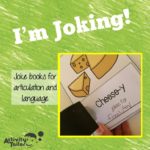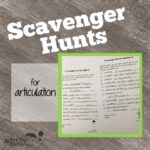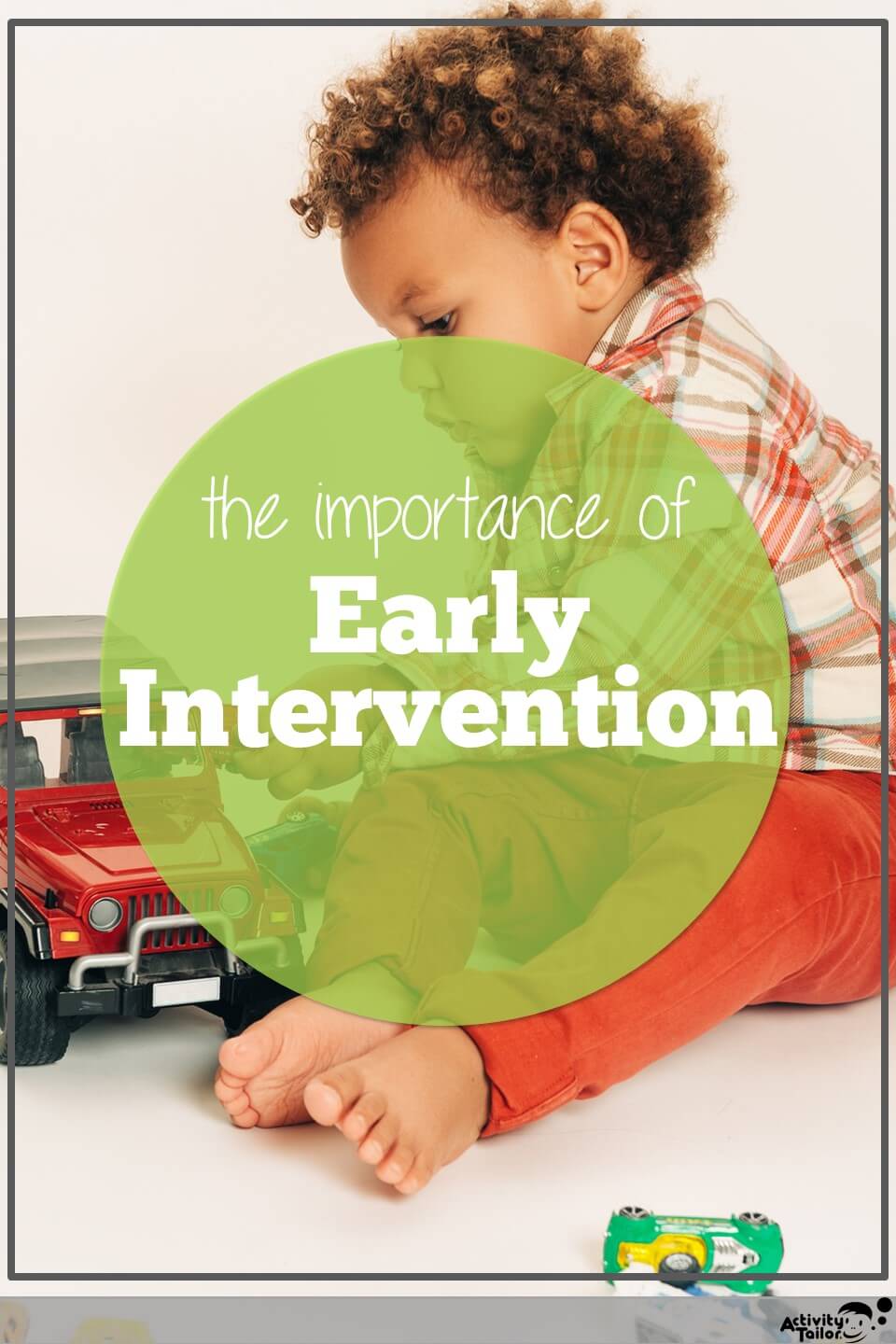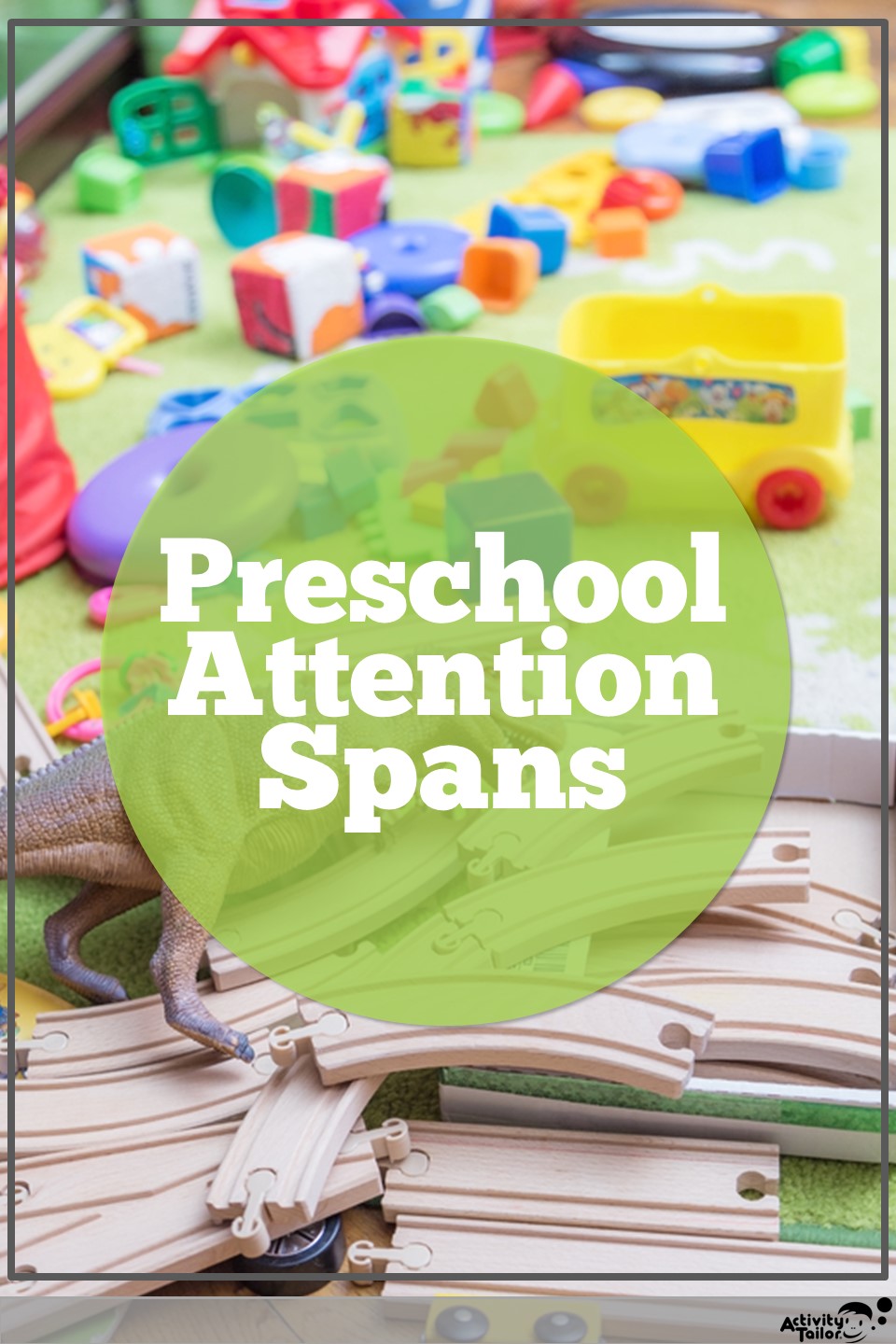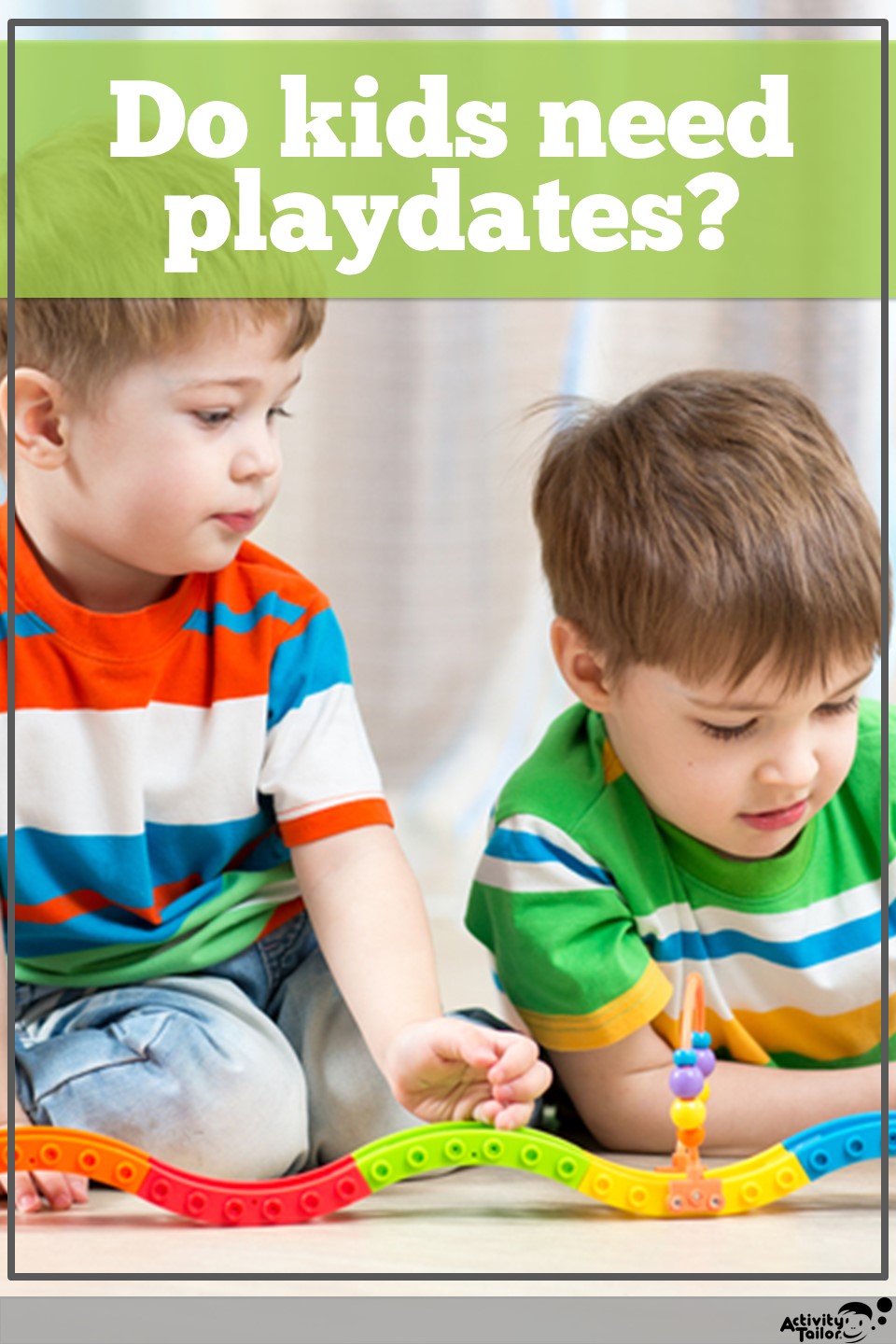Literacy is a critical component to my therapy; perhaps especially for my artic/phono kiddos because research shows that they are at particular risk of reading and/or spelling challenges. I’ve seen this play out over and over even with kids who are considered very academically bright.
But while I explicitly teach phonemic awareness, I also really push sight words. Sight words are the “uncooperative” words that don’t follow general decoding rules. They are also high frequency words. (Some suggest that up to 75% of the words in beginning readers are made up of sight words.)
My rationale is that for my kiddos who will/are struggling with decoding, why not develop a particularly strong base of sight words? Words they can “memorize” at a rate similar to their typically developing peers. It also helps ease the burden of reading to some extent if they only need to struggle with the challenge of decode-able words and gives them a taste of success within an academic area they are often very leery of. Sight words can also help with reading comprehension since they provide enough of a framework, especially when coupled with pictures, to get a feel for what is happening.
And they are SO EASY to work in!
One activity I do is to place an artic card on sentence strips (I leave a blank for the card to be placed). The choice is:
The (target word) is on the…. or
The (target word) is in the….
When my kiddo got to the second “the”, they were allowed to move around the room and place their card while they finished the sentence.
So I hear, “The lemon is on the shelf.” “The chicken is in the tent.” (I have them point to each word as they say it to be sure we aren’t just reciting.) They think it’s great fun to make up silly sentences and love the freedom of moving around. I, of course, am thrilled because I have engaged students that are getting lots of artic practice and seem to have no idea that they are gaining additional sight word exposure too!
Last week, I shared how I incorporate the child’s name into our sessions and rebus sentences is one of the key ways I do this. Remember, the child’s name is often their first sight word!
The #TpTBeMine site-wide sale is currently underway. Use code: LOVETpT 2/7-8 for a savings of 28%.
Did you know I offer subscriber only giveaways? Mandie just won a $10 TPT giftcard! Be sure to sign up so you don’t miss these extra perks–and you’ll always have access to my free resource area.
